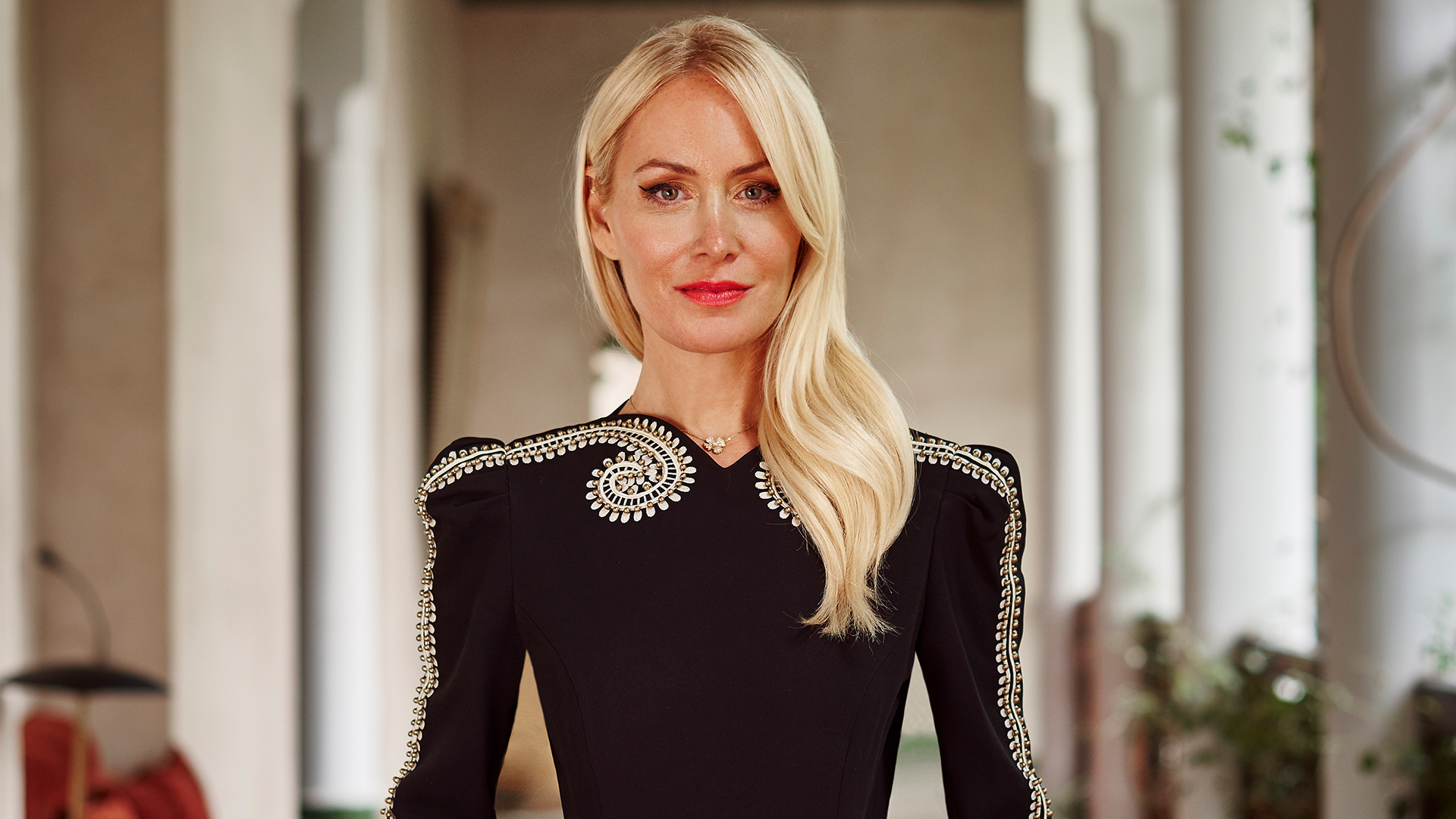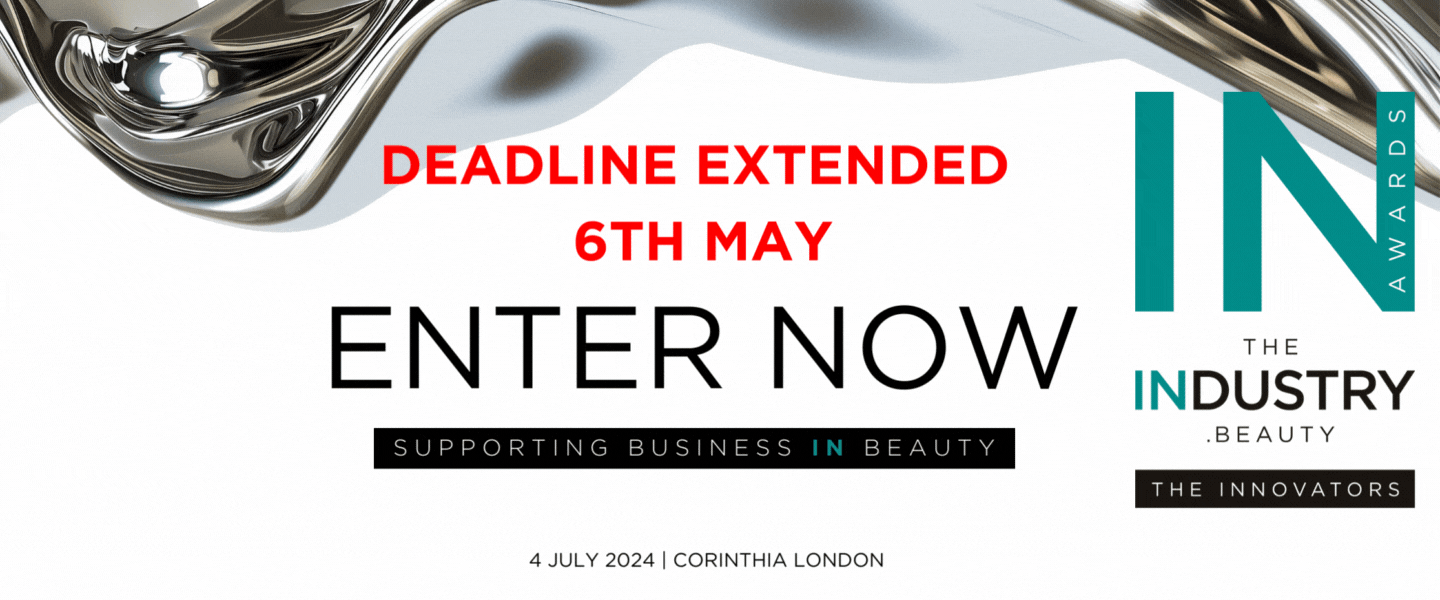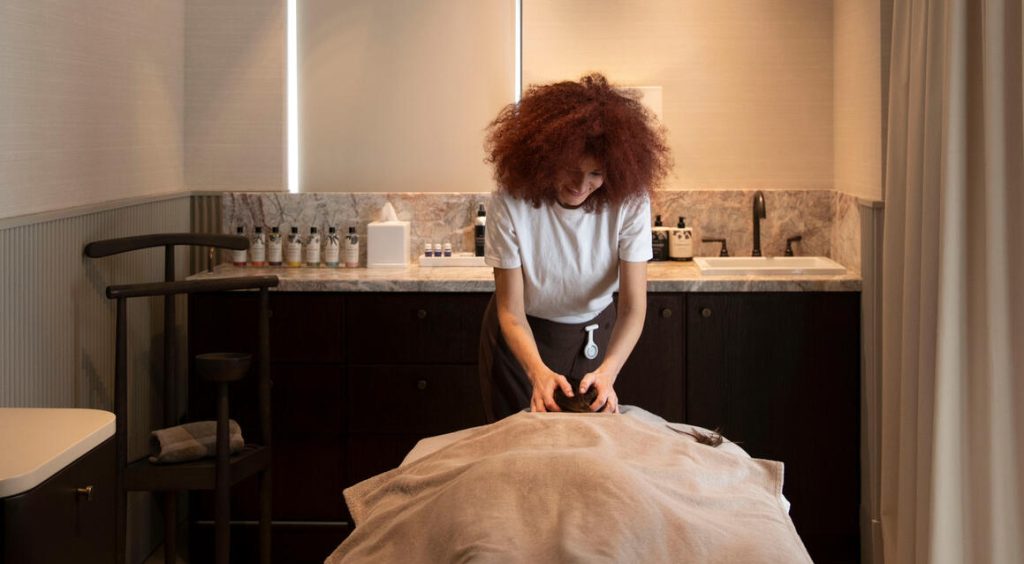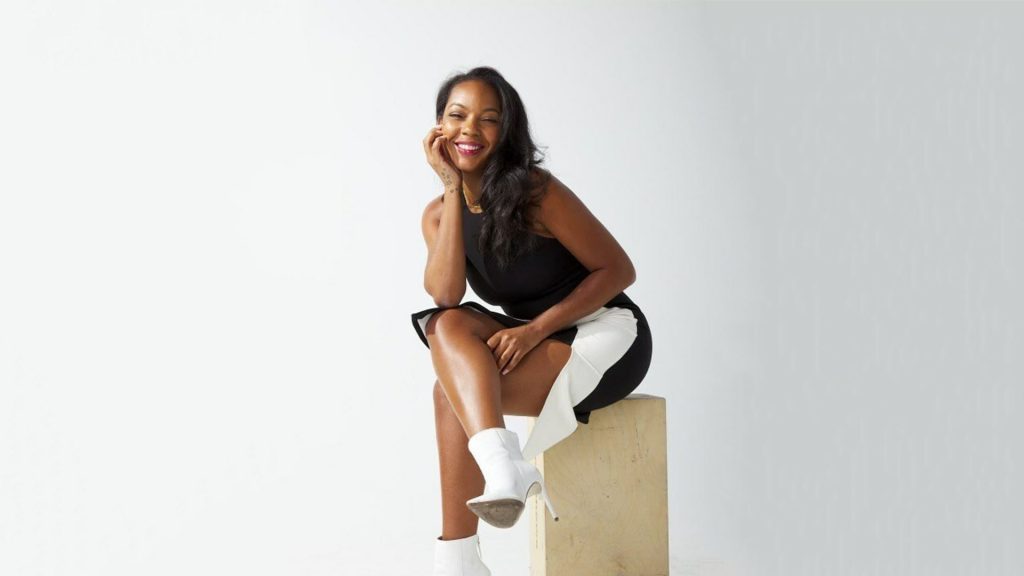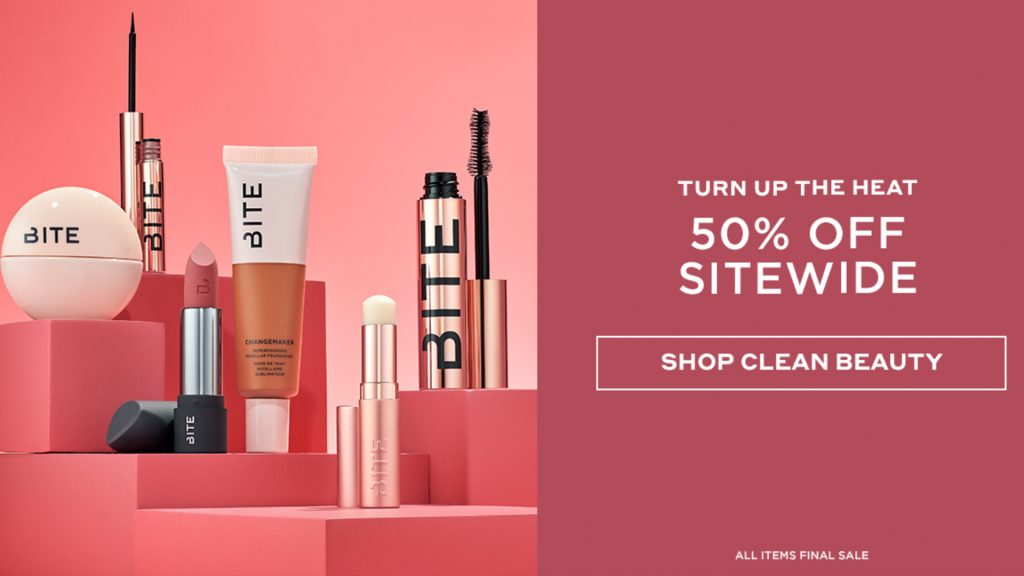The Interview: Amy Christiansen, Founder and CEO of Sana Jardin
Sana Jardin is a sustainable fragrance brand, built on the principles of a circular economy. The beauty brand's business model aims to empower women and prioritise sustainability at every stage of the supply chain.
The brand was founded by Amy Christiansen in 2017, a former social worker turned social impact fragrance entrepreneur.
Sana Jardin is currently available at over 120 retailers globally including Harrods, Liberty, Net-a-Porter, Cult Beauty, Harvey Nichols and Selfridges.
In this interview with Theindustry.fashion, Christiansen speaks about Sana Jardin and the importance of sustainability and social circularity behind the fragrance brand.
Tell me a bit about yourself - what was your life like before Sana Jardin?
Prior to founding Sana Jardin, I worked for twenty-five years in the non-profit sector in the US, Middle East and Europe. I began my career as a direct practice social worker, where I provided outpatient psychotherapy to low-income children and families on the West Side of Chicago at Rush-Presbyterian St. Luke’s family planning clinic, a domestic violence shelter and a public school.
I then shifted my focus to address economic inequality on an institutional scale through posts at the New York-based Robin Hood Foundation, The Clinton Foundation and the Cherie Blair Foundation for Women, where I worked to empower women economically by supporting female entrepreneurs in developing countries through mobile technology, enterprise development and mentoring programmes.
Why did you decide to launch the brand?
My experience within the non-profit sector as well as my passion for fragrance sparked the concept behind the brand. I was gifted the book - The Scent Trail by Celia Lyttleton - and became fascinated with essential oils and how they’ve been used for thousands of years, in so many different cultures. I also learnt all about the waste from the floral harvests in Northern Africa, and I guess you could say the rest is history. The concept behind the brand was born.
Is there a meaning behind the brand name?
The name is a blend of East and West, "Sana" comes from the Arabic word for dazzling or radiant and "jardin" means garden in French.
Tell me about your products and the formulations
Our collection currently comprises of luxury perfumes and candles. Each of our fragrances harness the healing life force of plants with a high concentration of naturally perfumed essential oils (15-20%.) I strongly believe in the power of essential oils; each of our scents are therefore designed to uplift and empower the wearer. Each formulation is vegan and free of phthalates, artificial colorants, parabens, formaldehydes, BHT, polycyclic musks and palm oil or any of its derivatives. We’re also currently working on extending the range.

What reaction do consumers have to your brand? What products have proved to be the most popular?
Consumers are increasingly more aware of their purchasing power and looking for high quality, environmentally friendly products that give back, With Sana Jardin, I realised that I could empower everyone from harvester to consumer, with a closed loop, zero waste supply chain.
One of our latest launches, Incense Water, has quickly become one of our bestsellers. Incense Water marries the sweet, slightly honeyed notes of Moroccan may rose with notes of Italian bergamot, raspberry leaf, sandalwood and patchouli heart.
How is Sana Jardin a sustainable brand?
Sustainability can mean many things in the world of beauty. I feel strongly about taking the conversation a little bit further by economically empowering the floral harvesters in our supply chain. In addition to this, our perfumes are as naturally leaning as possible and free from nasties. We will only ever use synthetic ingredients when it is more environmentally responsible to do so. Our packaging and brand assets are environmentally friendly and fully recyclable. Quantity is key too; we co-ordinate smaller production runs to reduce our impact on the environment.
Why is sustainability important to you and the brand?
We economically empower women hidden at the bottom of the supply chain and hope to prove that circularity, social impact and collaboration is entirely possible in luxury business.
Can you tell me about the flower recycling programme in Morocco and how it links to the brand?
Ingredient waste is an ongoing issue within the beauty industry. Orange blossom, jasmine and rose harvests in Morocco traditionally yield around 900 tons of waste annually. Our alternative business model is designed to help up-cycle the waste from this very perfume production. The by-product is sent to a local co-operative (which we set up with the help of non-profit organisation NEST) for the local women to develop and sell their own products within the community, receiving 100% of the proceeds. In addition to this, we teach the women several skillsets including finance, literacy, branding, distribution and marketing. These skills help the harvesters to run their own business as micro entrepreneurs. After just 6 months of operations, the founding cooperative members saw a 250% increase to their income.

What are your ambitions for Sana Jardin?
I want to inspire other businesses to engage in a language of our Beyond Sustainability business model and look at ways they can be creative with their use of waste in the supply chain and give back to their low-income employees. I truly believe every brand can incorporate more humanitarian values into their supply chains.
We’re also looking at ways to expand the Beyond Sustainability movement globally and are currently in conversations with the Moroccan government to create more co-operatives across the country.

